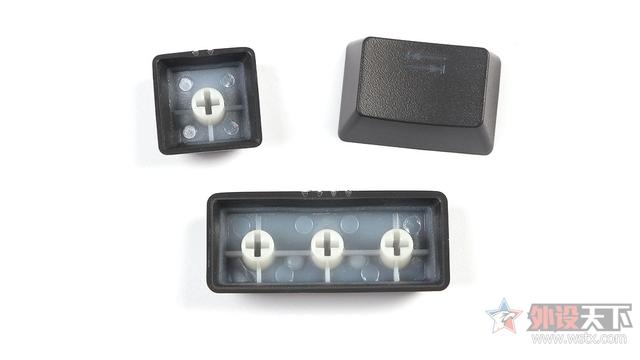英语动词的5大分类及用法(英语动词无被动)

3种【动词】(无被动)
- 祝愿“我希望”,状态“变成为”,感官“吃听看”
- 1. “感官”动词(look, smell, taste, sound, feel)
- The apples taste good. 这些苹果很好吃。
- 2. “希望”动词(wish, hope, want, expect, prospect)
- I wish you a good journey. 我希望你旅途愉快。
- 3. “状态”动词(get, become, grow, turn, come, go, fall, run, wear, make)
- This room can hold one hundred people. 这个房间能容纳一百人。
动词+3种【宾语】(无被动)
- 反身“我自己”,同源“梦噩梦”,身体“割手指”
- 4. 反身、相互代词(each other, one another, myself, yourself, theirself)
- We should help each other. 我们应该互相帮助。
- 5. 带同源宾语的及物动词(sleep a sleep, fight a fight, dead a death, sing a song, run a run)
- I dreamed a bad dream last night. 我昨晚做了一个噩梦。
- 6. 宾语是主语身体的一部分
- I cut my finger this morning. 今天早上我割破了手指。
- 【练习】

- 主动语态(被动含义)+副词(well, easily)
- 常见动词:sell, write, wear, wash, cook, open, close, lock, read, record
- 例:His new novel is selling well. 他的新小说被卖得很好。

- 值得做…:be worth doing … / be worthy of doing …
- 例:It's worth reading a second time. 值得再读一遍。
免责声明:本文仅代表文章作者的个人观点,与本站无关。其原创性、真实性以及文中陈述文字和内容未经本站证实,对本文以及其中全部或者部分内容文字的真实性、完整性和原创性本站不作任何保证或承诺,请读者仅作参考,并自行核实相关内容。文章投诉邮箱:anhduc.ph@yahoo.com






